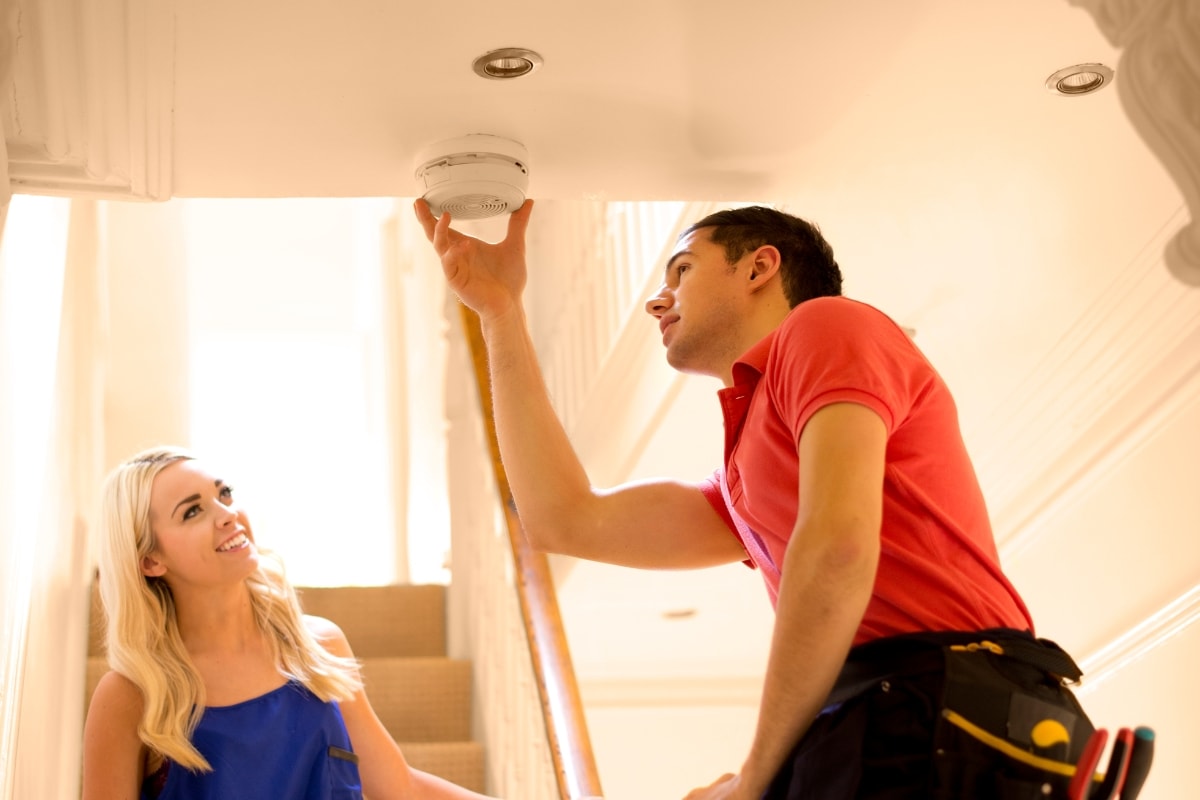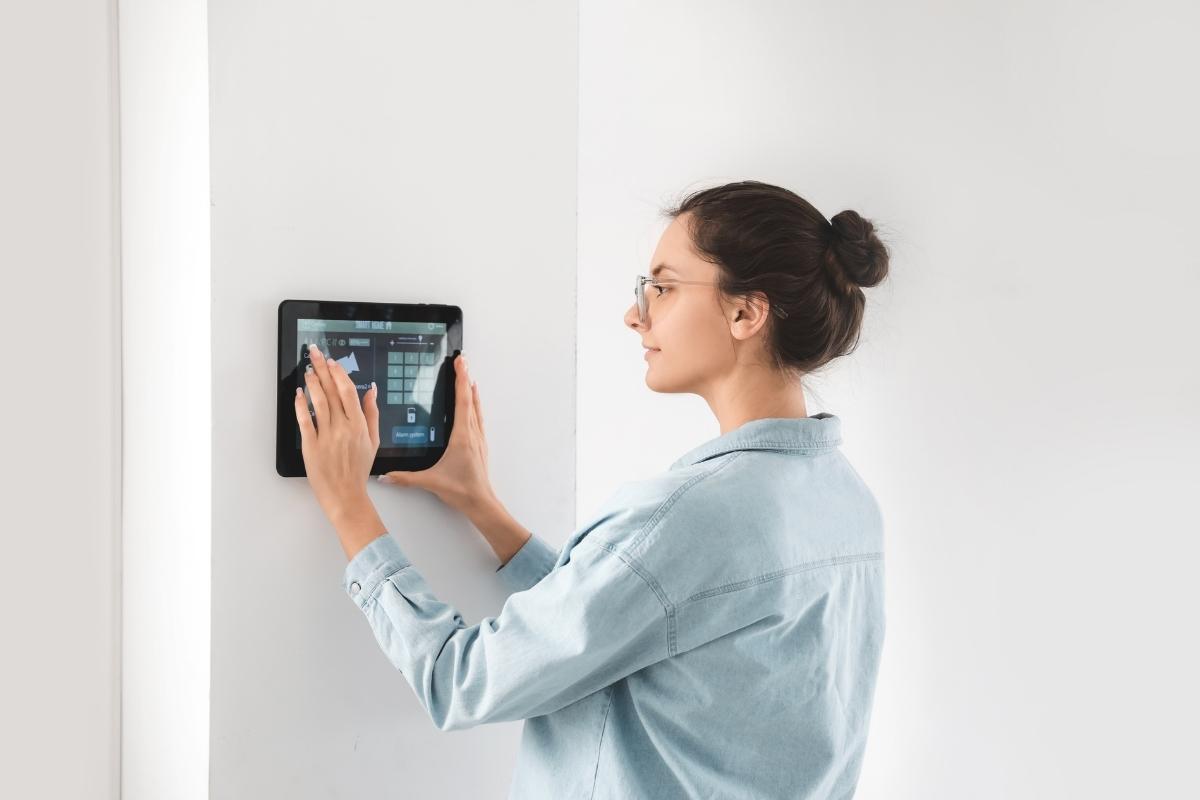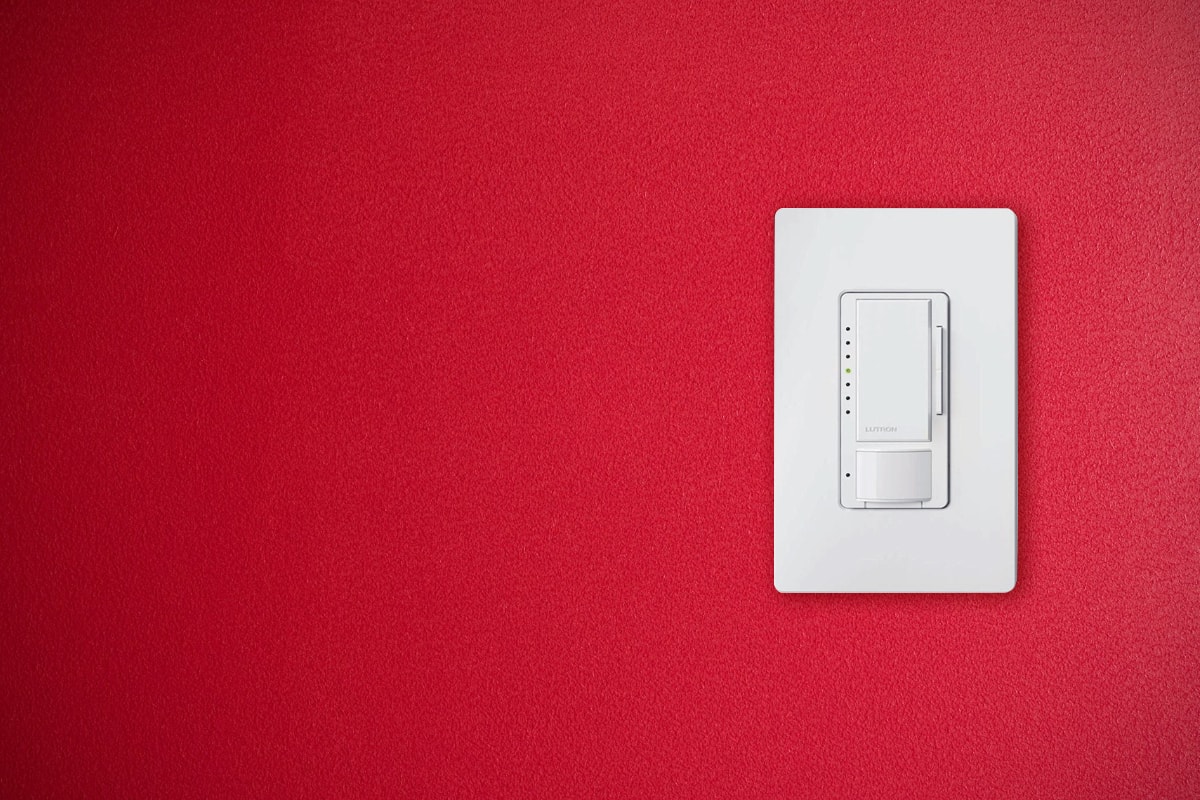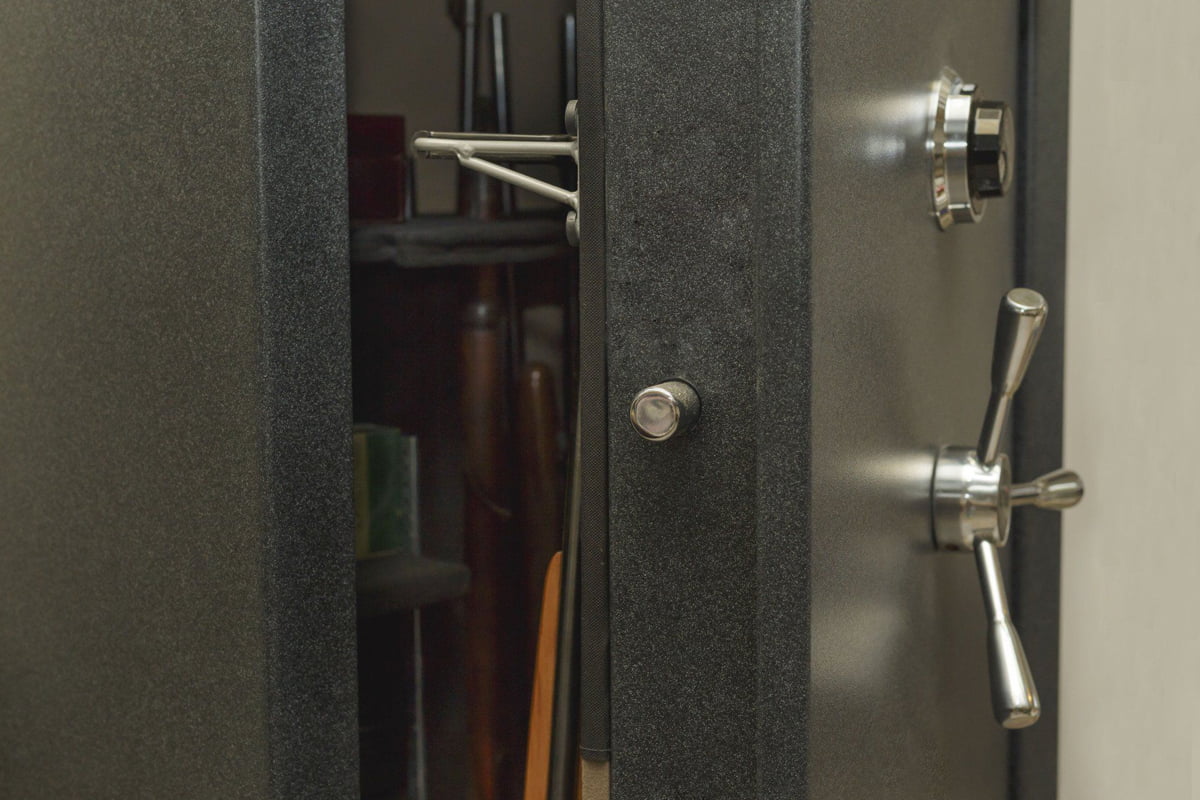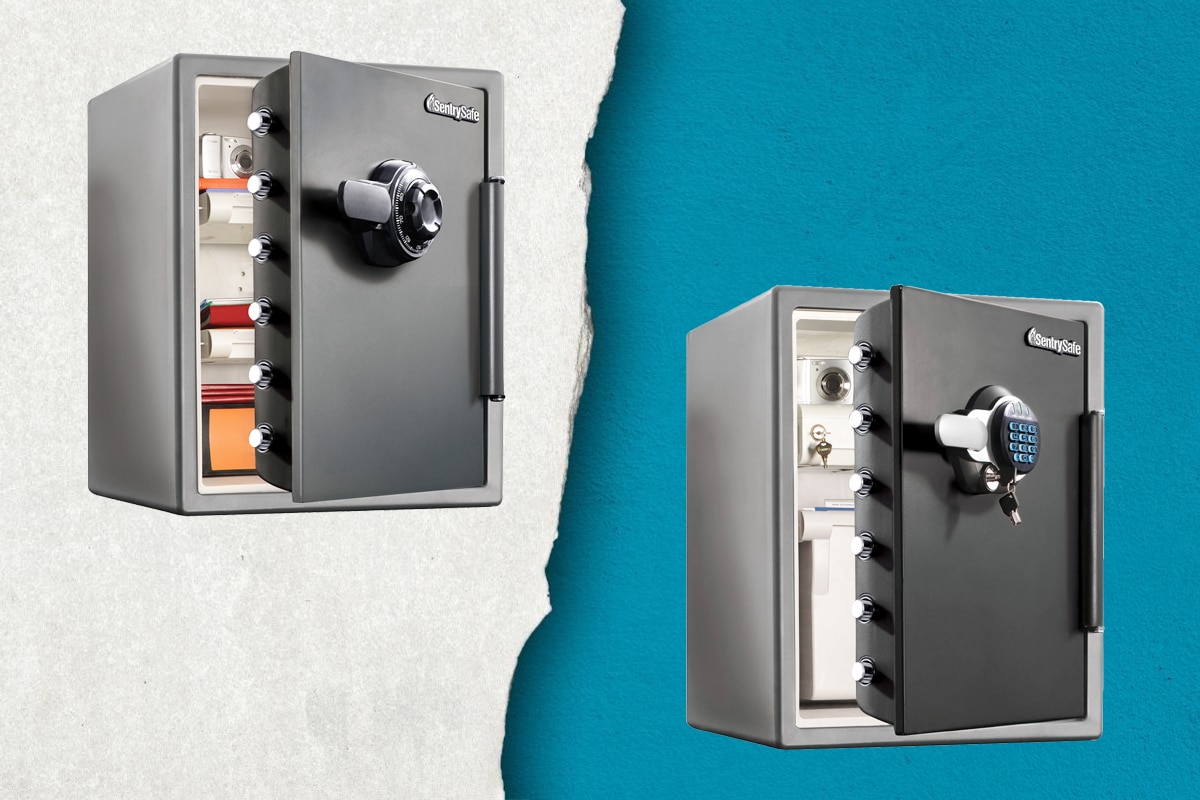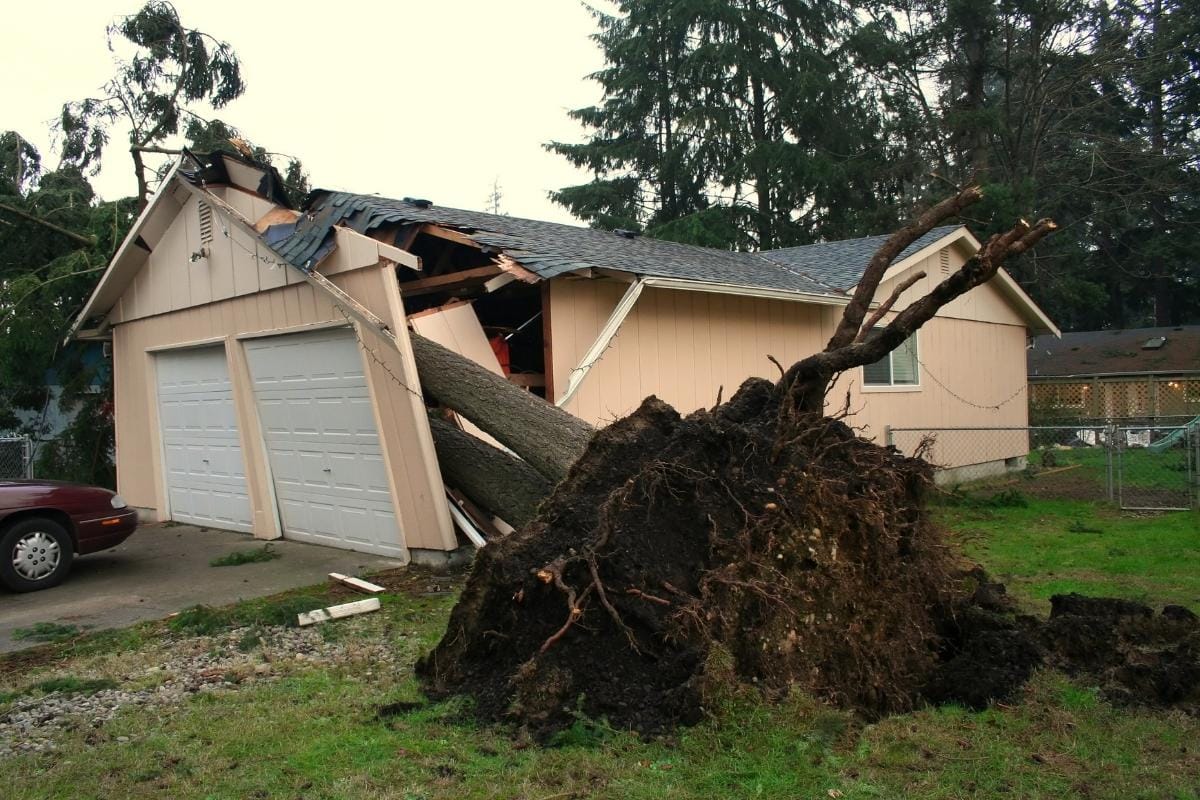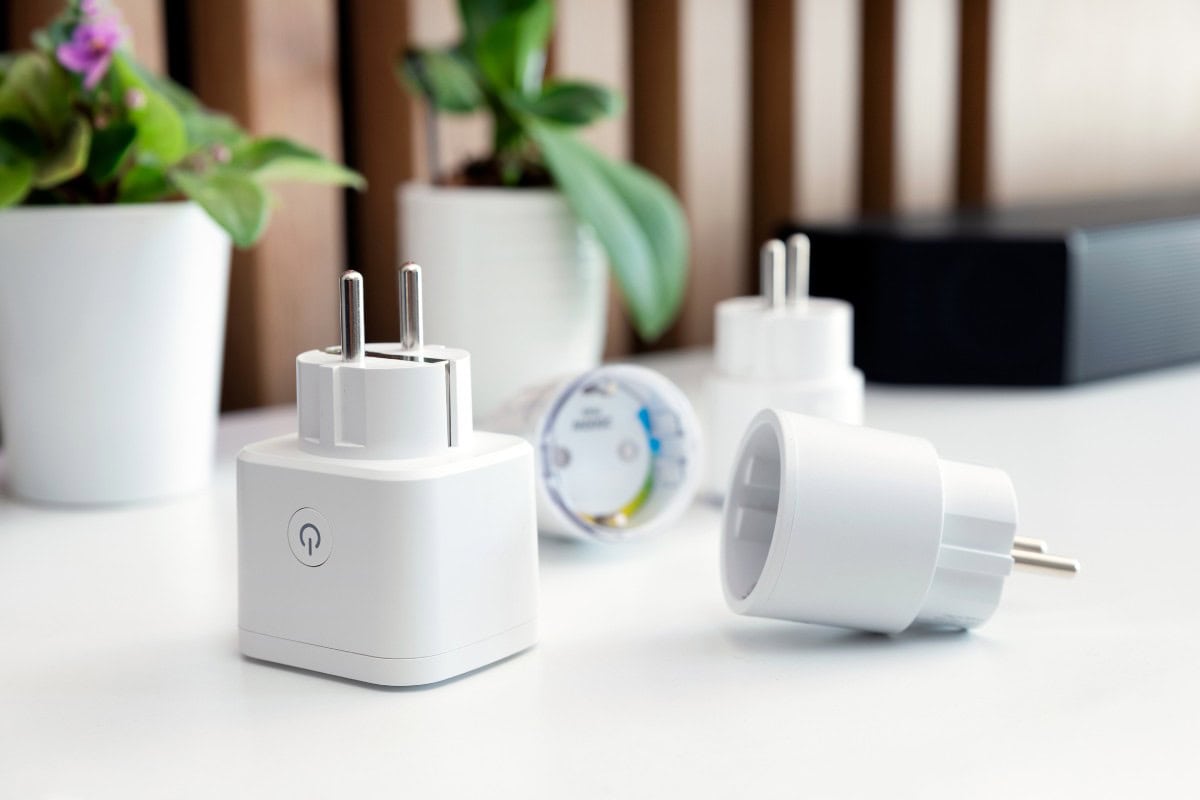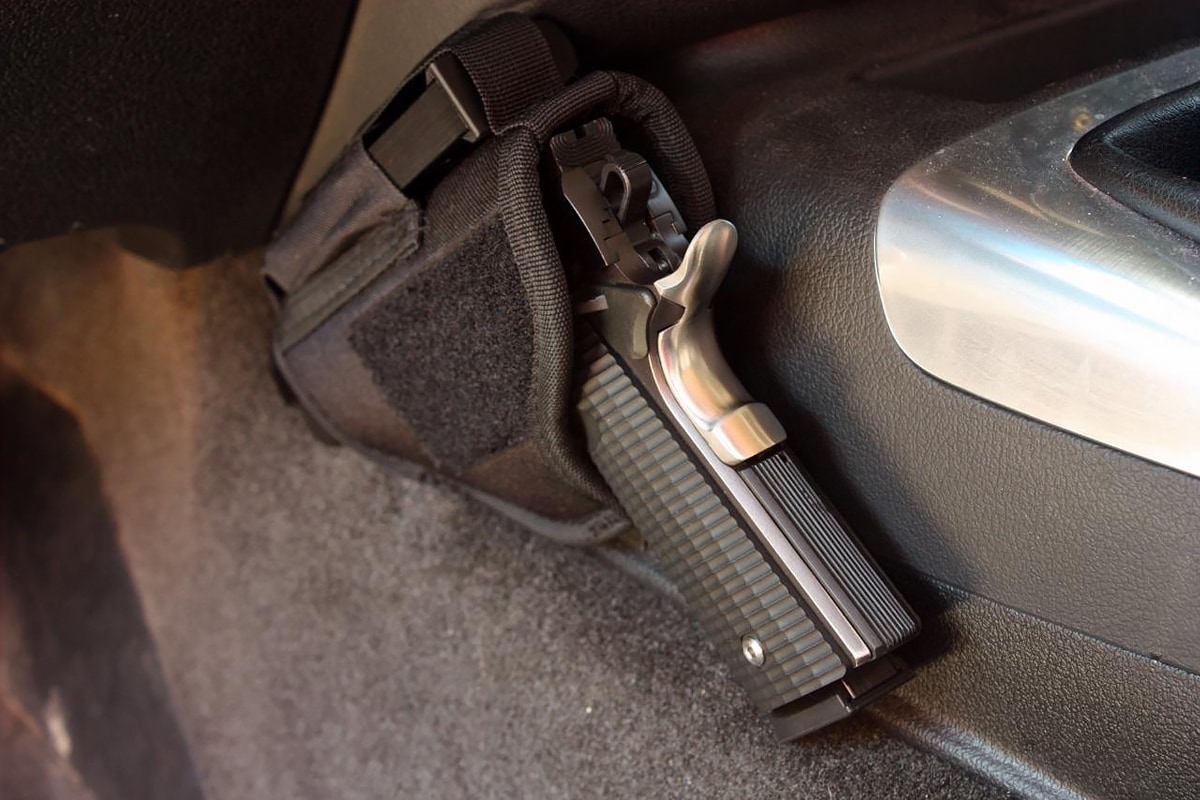A smoke detector is a definite must for all homes. If you have recently bought a security system or are thinking about one, a smoke/burglar alarm combo is a great idea. But if you don’t have an alarm system, installing battery-operated fire alarms should be at the top of your list.
You may still be thinking. I just don’t need a smoke alarm. I don’t feel like spending the extra money. Even if there was a fire in my home, I would smell the smoke. Bad mistake. Smoke and chemicals from a fire actually numb your sense of smell, making it even harder for you to detect a dangerous fire.
Statistics have shown that a fire’s flame doubles every 30 seconds, and in as little as four or five minutes, a house can be uninhabitable. When fire alarms are installed and maintained properly, your chance of dying in a house fire reduces by about 40%.
Don’t take any chances. Learn how to choose and install the right fire alarm for your home.
As mentioned earlier, if you have a security system, you should find out if a smoke detector option is available. You will likely be able to get this feature if you buy a professionally installed system. These work like other smoke alarms, but have a few additional benefits:
- Don’t worry about changing the batteries. This system is usuallly hardwired.
- If you have a monitoring service, a call for help is sent as soon as the alarm is triggered. (Great if you are away from home)
- The alarm is much louder than with battery-operated detectors. Everyone in the home will be able to hear the siren.
Choosing a Smoke Detector
Smoke detectors usually run in the price range of $5 to $50. They can range from very basic to the more expensive, which offer blinking lights, carbon monoxide detection, or early detection sensors.
When looking at your options, you might notice that the package says ionization or photoelectric detector. An ionization detector, which activates quicker for flaming fires, is the least expensive. A photoelectric detector is about double that price and works best for smoldering fires.
So, your wondering which works best? Both types of detectors have their advantages and drawbacks. To increase your peace of mind, I would recommend having a mix of the two. For example, a photoelectric unit in the main living area and an ionization detector in your bedroom hallway.
Also, if you would like to spend a little more, I would definitely suggest buying a smoke/carbon monoxide detector combo. These work really well, and you don’t have to worry about buying the two separately.
Installation and Placement
After you purchase a smoke detector, your next job is to install it properly. Most units come with complete instructions and can be installed in just a few minutes. Follow these additional instructions to help you decide where to place them and how many you need.
- Install each unit on a ceiling or high wall. Placing it about 8-10 inches below ceiling level. If you install a smoke detector on the ceiling, you should install it near the center of the room.
- If you have a basement, place a smoke detector at the top of your basement stairway.
- If you live in a single-floor home where the bedrooms are all grouped together, locate the fire alarm in the hallway between the bedrooms.
- If you live in a multi-floor home, or if the bedrooms are spread out, you will need to install two detectors. Mount one unit near the stairway on each level, and the others outside the bedroom doors.
- Do not place smoke alarms in areas with poor air circulation, such as a corner.
- Do not install them close to the kitchen, just outside your bathroom door, garage, fireplace, or furnace. Placement in these areas may cause false alarms or malfunctions.
When Do I Change the Batteries
Make sure you check your fire detector batteries every time you change your clocks during spring or fall. You should also check to see if your alarm is working correctly every month by pushing the test button.
If you hear your smoke alarm making a beeping noise, that more than likely means that the battery is low and needs to be replaced.
Also, if you move into an apartment or home that has smoke detectors, find out how old they are. According to the NFPA, you should always replace a smoke detector after ten years of use.

